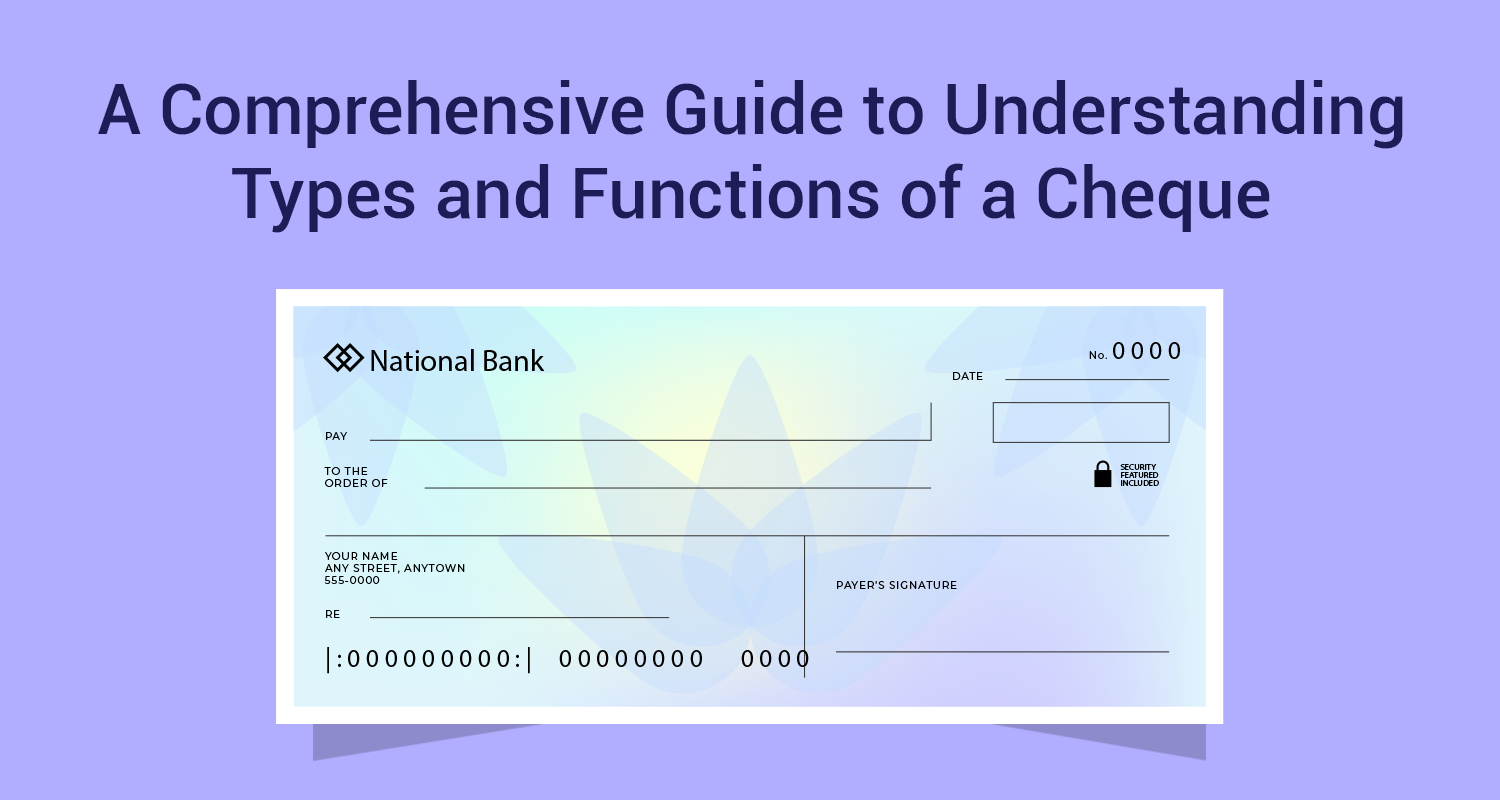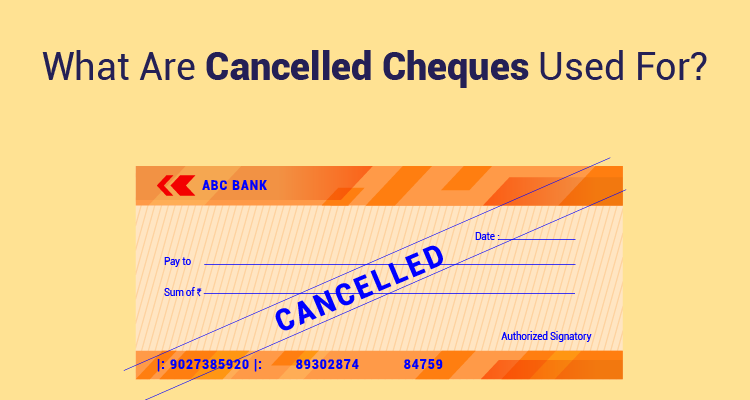5 Things to Know Before Buying Senior Citizen Health Insurance.

Life after 60 can take on a whole new meaning. While you get enough time to pursue your hobbies and interests; spend time with your grandchildren; and go for a long vacation, it also brings along age-related diseases and symptoms. You need good health to enjoy the fruits of your lifelong labour, but it’s easier said than done.
When the cost of medical care is growing at double the overall inflation rate at 20% per year, getting good healthcare services is getting increasingly expensive. [1] Even with a substantial retirement corpus, healthcare costs for senior citizens seem daunting today.
Most salaried people depend upon their employer’s group health insurance cover while they are working. But soon after retirement, they are suddenly left without any health insurance protection at a time when they need it the most. Then, when they go to buy senior citizen health insurance for themselves, they may have to pay a substantially higher amount as health insurance premiums increase with age..
However, the benefits of a senior citizen health insurance plan far outweigh the cost of premiums. Or in other words, you will have to shell out far more money on medical bills than what you would pay as health insurance premium. Therefore, buying a senior citizen health insurance plan makes complete sense – whether you buy it for yourself or your parents.
What is a senior citizen health insurance plan?
A senior citizen health insurance plan pays for the treatment and hospitalisation costs of people above the age of 60 years. In return, the senior citizen has to pay a health insurance premium at specific intervals as specified by the insurer.

Co-payments
Most health insurance plans for senior citizens come with a co-payment clause. In a co-payment clause, the insured has to pay a percentage of the total hospital bill. For instance, if the total bill amounts to Rs. 5 lakh and the copayment rate is 30%, you will have to pay Rs. 1.5 lakh and the health insurance company will pay Rs. 3.5 lakh.
Typically, the co-payment rates range from 20% and can go up to 50%. Make sure that you are not opting for a high co-payment rate for a lower premium or other additional benefits.
Waiting period
The waiting period is one of the most important components of a health insurance plan for senior citizens. Most independent senior citizen health insurance plans have a waiting period of 1-2 years for specific ailments and up to 4 years for pre-existing diseases. Opt for the one with the lowest waiting periods but make sure that you are not paying a high co-payment sum for this benefit.
Don’t hide critical information
Though most health insurers insist on medical check-ups for issuing a policy to senior citizens, people get tempted to hide some critical information to reduce the premium costs. People tend to hide medical history, drinking and smoking habits, and even some existing ailments. Doing so can only put your health insurance claims in jeopardy at the time of need. Rather than risking claim rejection, ensure that you have not hidden or provided false information to your insurer when applying for health insurance cover.
Check the sub-limits
A sub-limit is the maximum amount that the health insurer will pay for a particular category of medical expense. Sub-limit is generally a percentage of the sum insured. For instance, if the sub-limit for room rent is capped at 2% of the sum insured of Rs. 5 lakh, then the insurer will only pay a maximum amount of Rs. 10,000 as room rent. Anything above that will have to be paid out of your pocket. Make sure you are comfortable with this clause before you sign on the dotted line.
Know when not to switch
If you have bought a health insurance plan before the age of 60 (65 in case of some insurers), you don’t have to buy a senior citizen health insurance policy. You can continue with the regular plan – individual or family floater – even after you cross the age of 65. These plans have lifetime renewability and you just need to renew it every year.
Though the cost of health insurance plans for senior citizens is relatively higher than a regular plan, you still have a cost advantage if you compare with today’s surging healthcare costs for senior citizens. For instance, the average yearly premium for a health insurance plan for a 65-year-old with sum assured of Rs. 5 lakh is around Rs. 25,000-30,000. However, an open heart surgery can easily cost upwards of Rs. 4 lakh for a single hospitalization if you are paying out of your pocket. If you are searching for the right senior citizen health insurance plan for yourself or your parents, let IIFL help you select the best health insurance plans with a high sum insured, limited waiting period, low co-payments and cost-effective premiums.
Disclaimer: The information contained in this post is for general information purposes only. IIFL Finance Limited (including its associates and affiliates) ("the Company") assumes no liability or responsibility for any errors or omissions in the contents of this post and under no circumstances shall the Company be liable for any damage, loss, injury or disappointment etc. suffered by any reader. All information in this post is provided "as is", with no guarantee of completeness, accuracy, timeliness or of the results etc. obtained from the use of this information, and without warranty of any kind, express or implied, including, but not limited to warranties of performance, merchantability and fitness for a particular purpose. Given the changing nature of laws, rules and regulations, there may be delays, omissions or inaccuracies in the information contained in this post. The information on this post is provided with the understanding that the Company is not herein engaged in rendering legal, accounting, tax, or other professional advice and services. As such, it should not be used as a substitute for consultation with professional accounting, tax, legal or other competent advisers. This post may contain views and opinions which are those of the authors and do not necessarily reflect the official policy or position of any other agency or organization. This post may also contain links to external websites that are not provided or maintained by or in any way affiliated with the Company and the Company does not guarantee the accuracy, relevance, timeliness, or completeness of any information on these external websites. Any/ all (Gold/ Personal/ Business) loan product specifications and information that maybe stated in this post are subject to change from time to time, readers are advised to reach out to the Company for current specifications of the said (Gold/ Personal/ Business) loan.



